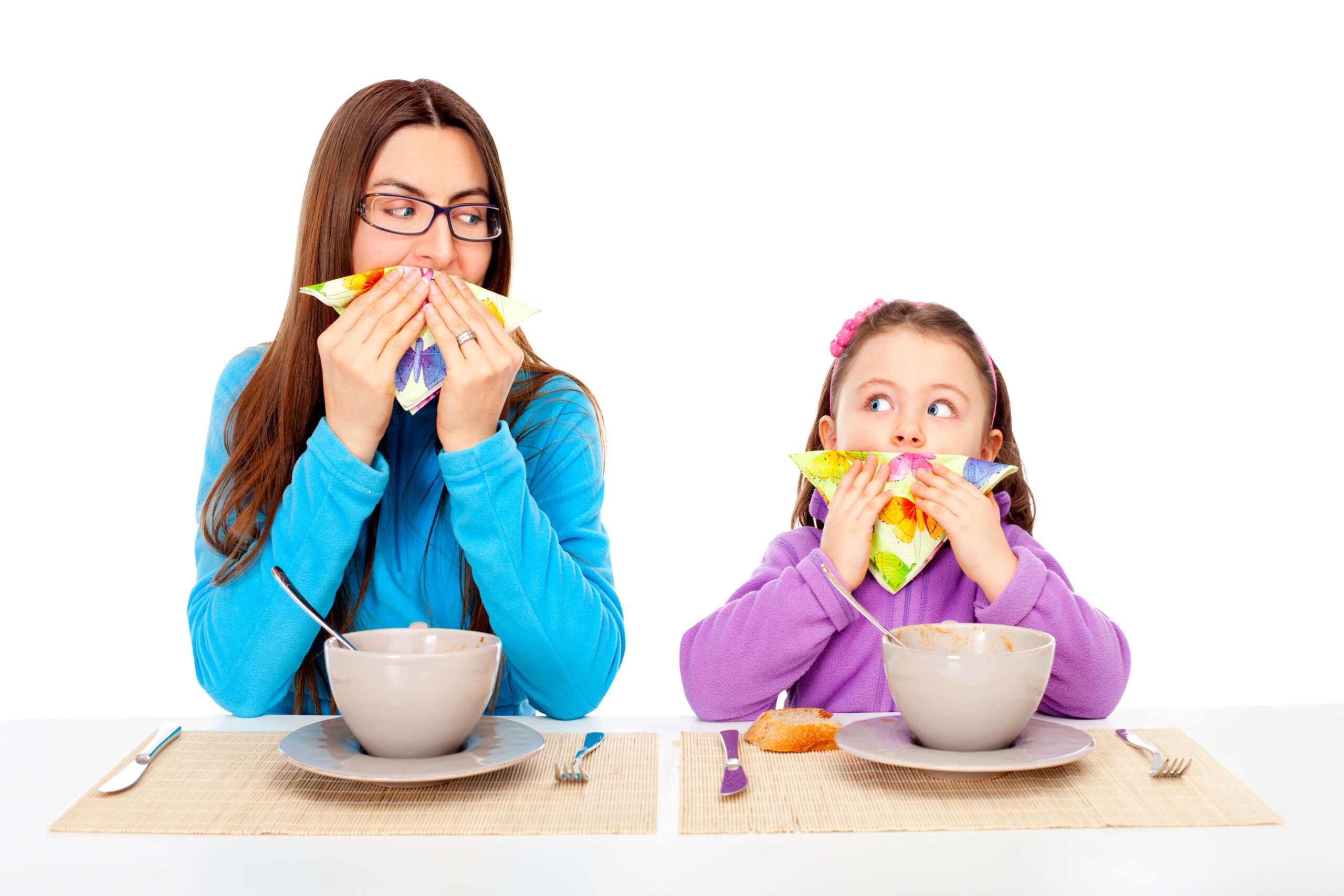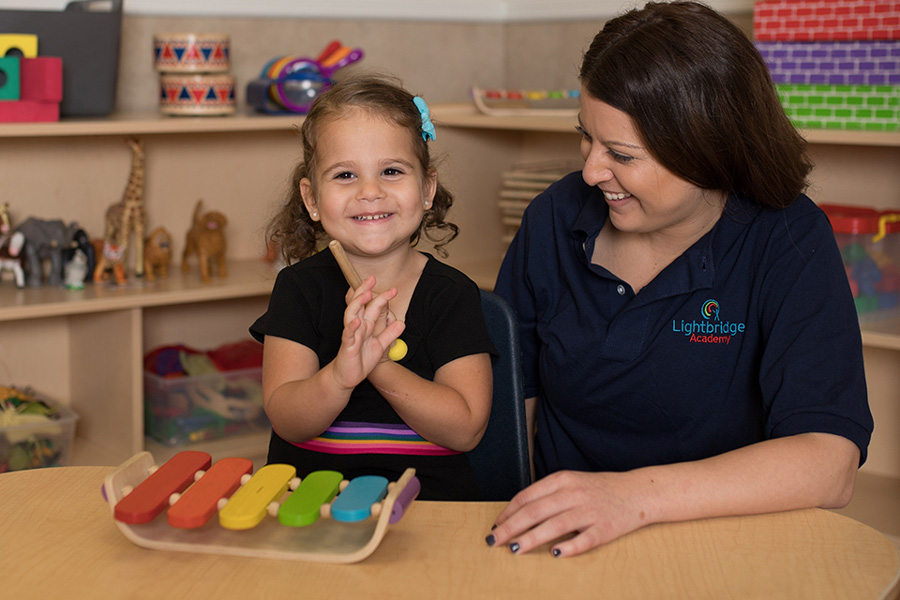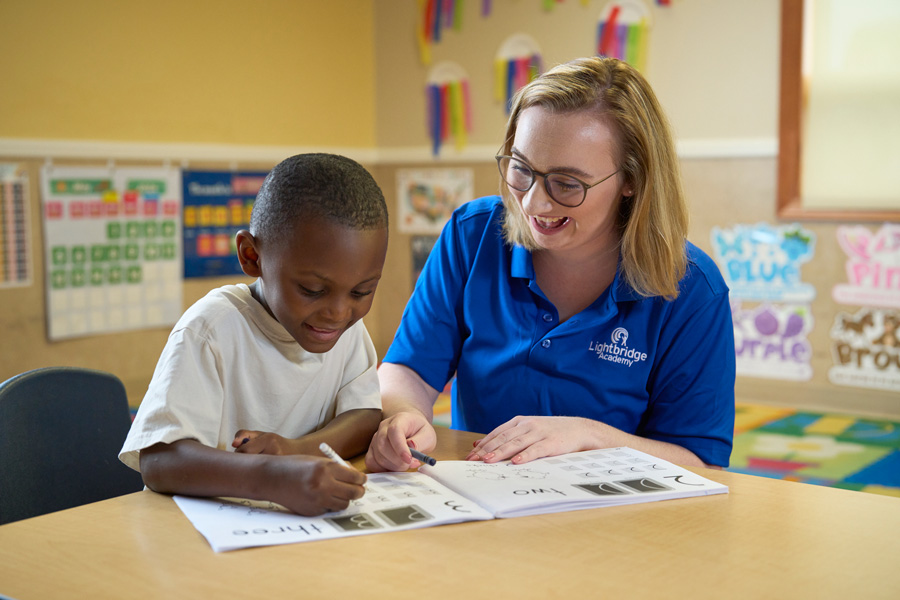Teaching your child good manners is more than just instructing them to say “please” and “thank you”. A good rule of thumb is to always lead by example, you may be surprised by how well your toddler models your behaviors! When teaching your toddler what good manners are, keep these few useful hints in mind to help you help them to become a polite and well-mannered child.
Please and Thank You. It is important to demonstrate that we are grateful of others efforts. If your child understands why they should be polite, they will most likely take the time to actually be polite. This is the reason for saying “please” and “thank you”, not because it is the “rules”, but because we are appreciative. If your child forgets these manners, remind them with “what do you say?” or “what’s the magic word?”
Hello and Goodbye. Always encourage your child to be polite and say “hello” or “goodbye”. Start with something simple like, “Tommy, say hello to Mrs. Parker”. If your child is shy or confused at first, try suggesting a wave instead – but only if they feel comfortable. This same greeting can be used when teaching “goodbye”. Salutations are important to teach your child at an early age, as this will pave the way for more advanced greetings, vocabulary and sentences.
Sharing. Teaching your little one to share will help them develop good social skills, be more confident and get along well with other children, especially in a classroom environment. If your child is having trouble sharing, enforce a time limit. Have your little one set a timer so they can see and hear when their play time is over, let them play with a toy for five minutes, then explain to them that it is now your turn and you play with the same toy for five minutes, vice versa.
Reward Systems. Create a reward system, such as a sticker chart, for any manners you are trying to instill. Every time your child uses proper etiquette, salutations or does an excellent job sharing their favorite toy, praise them and give a sticker or a star for them to put on their chart. When your child receives a certain amount of stars, reward them with something fun that they enjoy, like an extra 15 minutes of play, as this will help to encourage your child to remember to be polite.
Make sure to acknowledge your child’s efforts when they start to get the hang of saying “please” and “thank you” or waving hello to their teacher in the mornings and goodbye in the evenings. Praise is often the best motivator – give enthusiastic approval with hugs, kisses and claps too! Like learning anything new, being polite and having good manners can be hard for your little one to grasp. They will sometimes forget the ‘magic words’, so just be clear, consistent and always explain why it is important we be polite.
Retaining good manners is a lifelong process – so take the time to help your little ones learn the skills that will allow them to exude self-confidence and be more regarded to their peers and adults alike.






